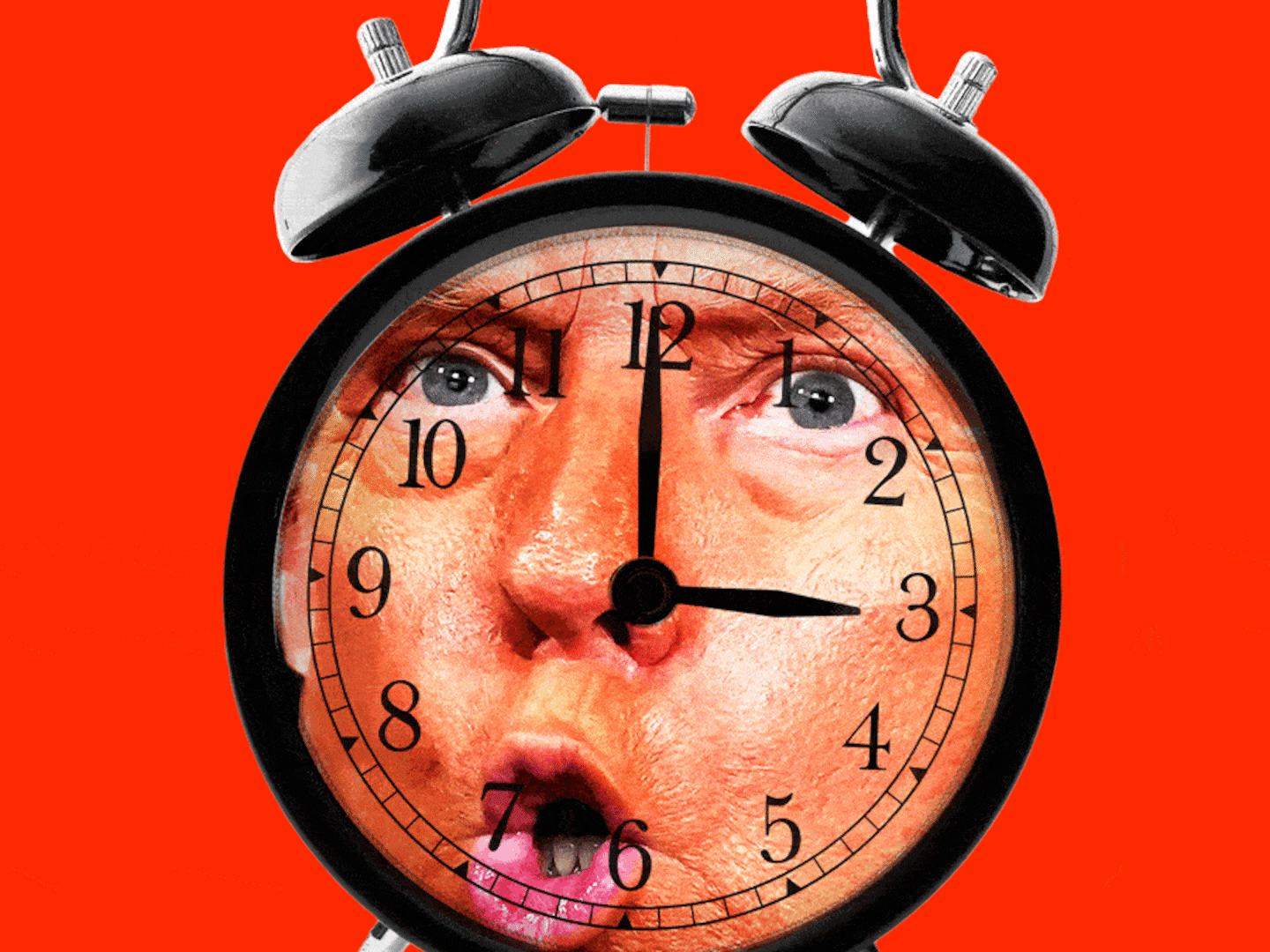Especially on our college campuses, identity politics increasingly defines political correctness—a vague term that seems to mean more than meets the eye. Likewise, the perils and predicaments of life on campus are increasingly being used to advance politically correct legislation.
In the most recent example, Connecticut legislators are now considering a California-style affirmative consent law, known as “yes means yes” for the legal standard it applies to sexual conduct. (As the California law puts it, to be consensual, sexual activity must involve “affirmative, conscious and voluntary agreement” throughout.) In the Golden State, meanwhile, lawmakers have announced plans to require yes-means-yes education in high school.
The trend has a clear enough source. Sexual assault is a sad and dramatic problem on campus, and the more we look at the moral underbelly of college life, the more repulsed we are by what we see. Yet we’re certain that puritanical culture will tacitly permit hypocritical abuses—like rapes swept under the rug—unless it comes in the secular, political form enforced by regulators and administrators. So as students continue to unplug from so-called traditional morality, the pressure to expand politically correct rule grows.
As this pattern of thought unfolds, it brings an uncomfortable fact into view: Sometimes, the act of increasing autonomy in one realm decreases it in another. Politically speaking, this is a double-edged sword. Some conservatives, it turns out, are comfortable advancing non-libertarian ends through libertarian means—fighting paternalism in pursuit of virtue instead of autonomy. The typical libertarian view of the purpose of policy is to help make people as free to pursue their preferences as possible. For conservatives, that can be problematic; given the choice, they observe, we humans often throw virtue overboard, competing and conforming in ways that end up making us miserable. So, as Peter Lawler points out, when conservatives go to bat against intrusive, patronizing campus administrators, they hope to preserve cultural constraints on individual autonomy, not wipe them away.
But liberals, or, really, progressives, have also figured out that libertarian means can achieve results that are actually illiberal but, by their standards, virtuous. Through affirmative consent legislation, they can use increased autonomy in sexual conduct to actually strengthen the power of paternalistic administrators. The Connecticut legislation, for instance, defines affirmative consent as “active, informed, unambiguous and voluntary agreement by a person to engage in sexual activity with another person that is sustained throughout the sexual activity and may be revoked at any time by any person.” But it doesn’t define sexual activity. So although the bill increases individual control over sex, it decreases how individual control over how sex is treated. Either administrators or lawmakers will have to interpret and micromanage an official definition of sexual activity. Connecticut legislators’ confusion on this point augurs ill.
State Sen. Mae Flexer, D-Killingly, said affirmative consent isn’t a definitive list of acceptable words or actions, but an issue that must be framed by a broader conversation about communication. She likened sex to the simple, everyday act of joining — or not joining — somebody for a cup of coffee. Consent can be conveyed not only through the words “yes” or “no,” but by nodding or backing away or giving any of a host of signals.
But in an effort to explain that sex isn’t that simple, State Rep. Mike Bocchino, R-Greenwich, caused a minor outrage by warning that “at the end of the day, there are no witnesses”—or, “at least if there are, it’s a really great party.”
Predictably enough, the Connecticut Democratic Party slammed Bocchino for the quip, demanding an apology. Just as predictable, however, is the dismaying paradox at the heart of the yes-means-yes movement: Under the banner of autonomy, laws are created that require administrators to somehow decide whether people’s behavior meets an official standard of autonomy.
Turns out, autonomy doesn’t have enough of a firm and authoritative definition to stand up on its own. Neither, it seems, does consent. Nowadays, it’s hard enough to deal with complaints that arise out of painstaking contracts drawn up and signed by super-rich corporations and the law firms that love them. Their litigious view of reality flows right into the vacuum of meaning created by the political standards of autonomy and consent. And instead of courts making the judgment as to whether we meet those standards, it’s administrators.
As anyone can tell you who’s spent time in the halls of academia or the sausage factory of policymaking, administrative judgment calls are routinely (perhaps inherently) political. Hence the debate over political correctness—a term that turns out to mean exactly what it says. Although affirmative consent is superficially pro-autonomy, more deeply, it requires an enforcement system wherein determining what’s correct is a political act.
For conservatives, that’s enough to make it a bad thing. After all, freedom is freedom. It’s not whatever those in charge say it is. But for a growing number of people on the left, the view is ascendant that freedom actually has to mean whatever those in charge say it does. That, they surmise, is just one of the key facts about the inescapably political nature of human life.
It’s therefore crucial for them to ensure that the people in power have correct attitudes and commitments about choice-making—which ultimately don’t concern everyday people making the right choices. Instead, the moral focus is on people in charge making the right choices, about who gets to exercise power and who doesn’t.
We can agree or disagree with that proposition. But what we can’t really argue over is why it’s catching on. As traditional religious and moral frameworks continue to lose control of our minds and bodies, and as competition for status and money makes us feel like we’re conforming to social pressure against our will, we’re increasingly desperate for something powerful and benevolent to intervene in our intimate lives on a case-by-case basis.
That’s why Alexis de Tocqueville said we Americans were headed for a soft or even sweet new kind of despotism. Life is complicated, people are crazy, authority is crumbling. We want help! Under political correctness, a new administrative class of professional quasi-judges is there to give it to us.
It’s easy to see how this system can often produce abuses and absurdities. It’s harder to see what can stop the logic of American life from wiring political correctness into the law. But unless we’re willing to tolerate risks that many now find intolerable, life outside of the college campus is set to look ever more like life on the inside.





